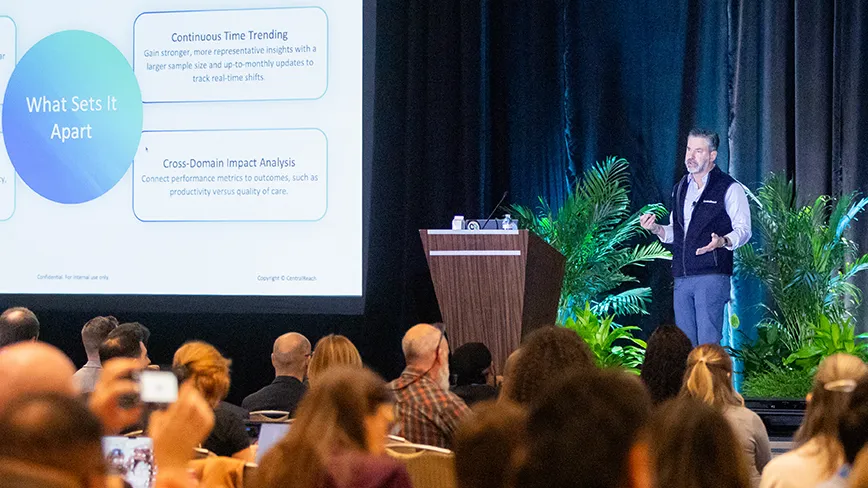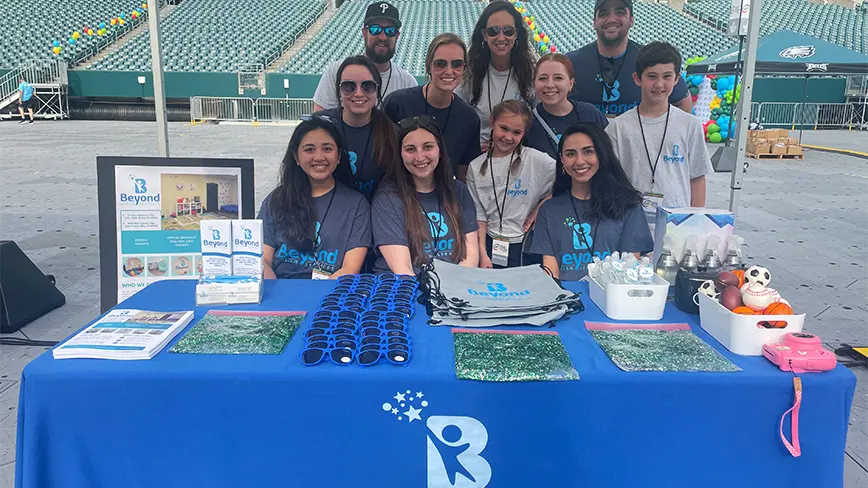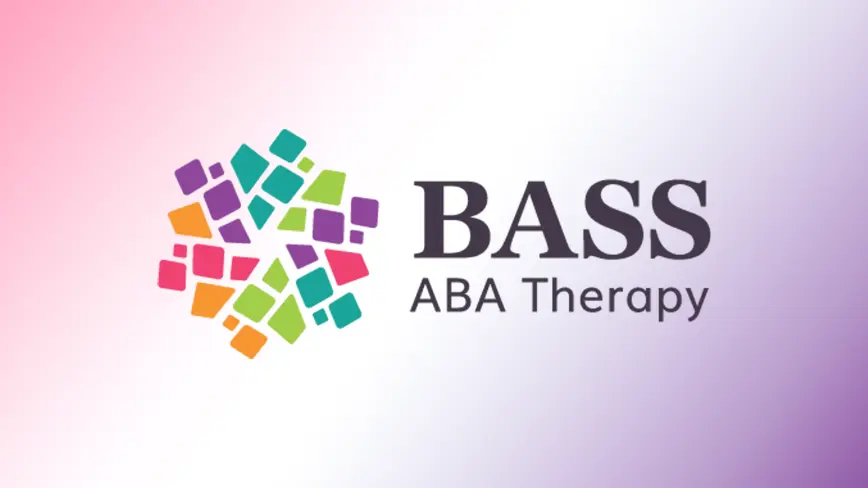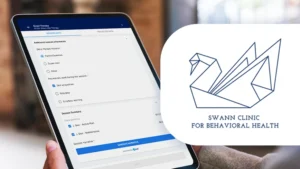If you are a part of running an ABA organization, the notion of waitlists or interest lists is all too common. You may maintain a formal waitlist where the next client in line is matched with a clinician to receive services. With an interest list, you have more flexibility around matching the right client with the right clinician, depending on skill-need and expertise. Either way, given the growing needs for autism care, nearly every ABA agency has a wait for families before they can provide direct care to the autistic learner or individual with IDD.
Early Parent Engagement Yields the Best Learner Outcomes
Direct ABA therapy holds the greatest potential when paired with comprehensive parent training. Research shows that models of care incorporating parent engagement consistently produce better learner outcomes (MacKenzie & Eack, 2022; Sneed & Samelson, 2022). However, getting parents to attend parent training sessions, now formally referred to as family adaptive treatment guidance (ABA Coding Coalition, n.d), can be a struggle. Data suggest that engaging parents as early as possible in the therapeutic process is critical (Chacko et al., 2016). As such, we must consider how to utilize waitlists to initiate meaningful parent engagement before therapy even begins.
Activate Waitlisted Families with Strategic Parent Training
Your agency may not be ready to provide direct care to a learner quite yet – but research indicates that we need to get that family engaged with care at some level to help position that learner for optimal outcomes before they even start to receive services themselves. As such, enrolling their family in parent training and collaboration sessions during the interim may be the solution. Consider the following steps to structure your parent training for families on your waitlist.
- Agreement of Service: This process must occur with transparency. While this is an obvious step, it’s easy to overlook elements of this if you are wearing multiple hats or assuming someone else was covering that task. Be transparent with the family about what the services will entail, clarifying in detail that the services will not involve direct care. Further, ensure the family is fully aware of how long their learner will have to wait for direct care and that the services starting immediately are more directed toward the family unit, primarily the parents.
- Assessment: You still have to conduct a formal assessment! This is your game plan: assess – intervene – reassess. You may want to conduct your formal assessment for the autistic learner at this point so that you can propose sufficient parent training hours and address the parent training services directly to the learner's needs. However, let us not forget the assessments targeting the parents' needs as well.
- Authorization: You are likely working with funders that require authorization for services. However, you don’t want the clock to start running for direct services to the learner until you have staff available. As such, submit your report requesting only family adaptive treatment guidance hours. Use your full assessment report to justify your request. Make a note in your report that you will return to request other codes for this client as resources become available.
- Accessible Resources: When you provide parent training and collaboration to families and caregivers waiting for their loved ones to receive direct care, you must be diligent in ensuring they receive valuable care. Given that they ideally want to receive direct care, but they are compromising with this type of service, they could easily slip through the cracks. This is also the same reason the family may fall off your radar! As such, equipping the family with tools that enable them to feel connected and engaged while requiring less work on the part of the clinician is ideal.
CR CareCompanion does just that. With the user-friendly CR CareCompanion app, families can access parent training lessons introducing them to ABA, advocacy (e.g., easing them into the world of disability, insurance, and acronyms), and parenting through connection and values. Each time they listen to a lesson, they feel a deeper connection to your organization. You can even create and assign lessons specific to your organization to prepare them for direct care when the time comes. Then, during parent training sessions, the family feels well-prepared for the conversations, making them more engaged participants. They anticipate your meeting and come prepared with outputs from their homework lessons from CR CareCompanion.
- Track Progress: YAs with direct therapy, you have to monitor progress. You may want to document how parent training is impacting the learner’s skills. That would be some incredible data! However, at this point, your learner is also the parent. CR CareCompanion allows you to track parent progress during the parent education experience. When the parent is learning about content, you can monitor their competency based on their homework output and their verbal behavior around the concept. This then populates a graph that you can submit to insurance companies. During the parent support experience, you collect fidelity data on the parent’s performance of different skills (e.g., mand training, using a gestural prompt). These, too, produce a similar graph indicating the percentage of independently, accurately completed steps of the procedure that can be submitted to funders.
Support Families While They Wait
Whether using the CR CareCompanion app or providing parent guidance and support through other means, data suggest enrolling parents early in the therapeutic journey yields more significant gains for the learner. As such, implementing a model of parent training for families on the waitlist can be a valuable opportunity to support them while they await direct care services.






